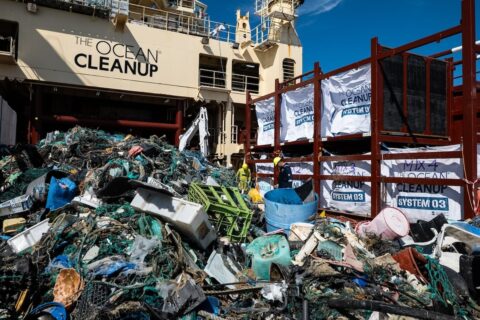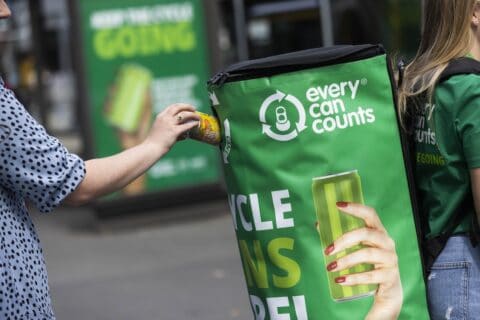New writing… Pleased to say I have had another article published in The Times newspaper — as part of a special Raconteur report exploring the Future of Plastics — questioning whether the government is doing enough to stem the tide of pollution, as businesses prepare for a tax on plastic packaging.

All tax is political, especially a new tax. It tends to create winners and losers, at home, in business and on polling day. So, with less than a year to go before the plastic packaging tax (PPT) comes into force in the UK, the mood in this market matters — and it is mixed.
From April 2022, a new £200-per-tonne tax will apply to plastic packaging containing less than 30% recycled content. The government estimates that this will affect up to 20,000 packaging producers and importers. HMRC will spend £6.6M on developing a new computer system to manage the tax, plus £11.3M more on staffing.
However, the task of reducing the nation’s dependence on plastic packaging as a whole will, arguably, be made tougher by a tax policy that fails to distinguish between plastics that are relatively easy to recycle and those that are more troublesome.
Furthermore, It’s worth remembering that the purpose of taxation is not only to change behaviour, but also to generate revenue. The UK’s record in this respect looks poor.
Some critics say the bureaucratic burden of the PPT could prove disproportionately heavy for smaller firms and have unintended ramifications. Others argue, from the end-of-life perspective, that the tax will encourage innovation.
Ultimately, many environmentalists remain unconvinced that the PPT will have the desired effect.
Featured in a special report targeted at the C-Suite, the article carries insights and comment from a range of market perspectives — to read the feature in full, please click on the following link:
• ‘How the new plastic packaging tax could impact business’
The full 16-page Future of Plastics report is available to view/download here.
SUSTMEME: Get the Susty Story Straight!






